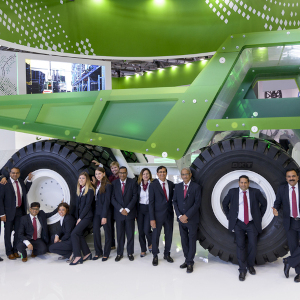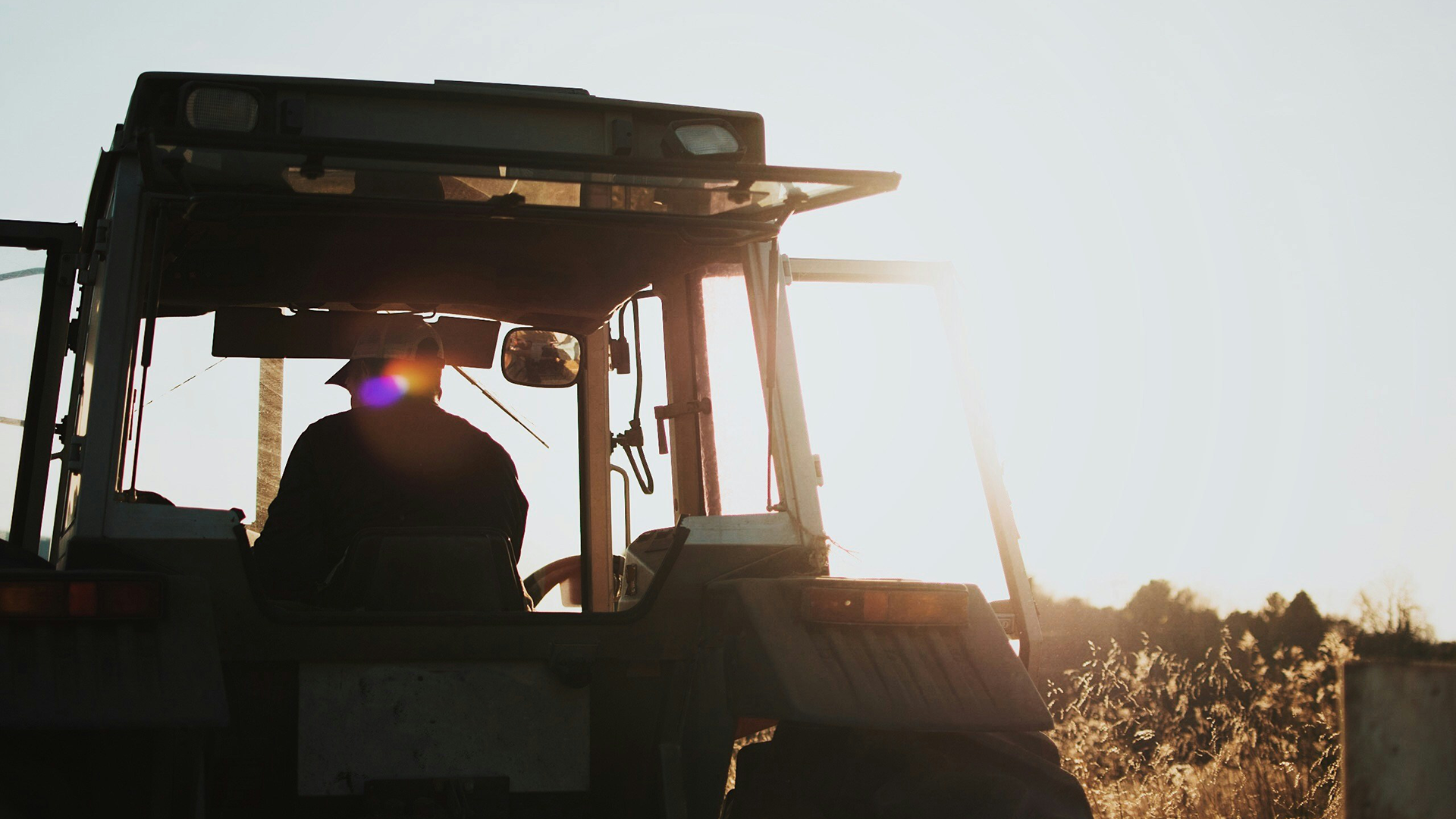The wellbeing of our environment is a deep concern among consumers and governments alike. Technology methods are in development, and some can be seen on farms today. Growing Together for a brighter future is not unrealistic, and the time to act is now.
Agriculture practices are continually evolving, and these changes are long due, paving the path for a more sustainable future of farming. The wellbeing of our environment is a deep concern among consumers and governments alike. Technology methods are in development, and some can be seen on farms today. The future only gets more promising with more investment, government incentives and innovation from impressive minds.
Growing Together for a brighter future is not unrealistic, and the time to act is now.
"The best time to plant a tree was 20 years ago. The second best time is now." - Chinese Proverb.
A report on the future of farming highlights the four main areas we need to focus on: demographics, scarcity of natural resources, climate change, and food waste. The report further explains that by 2050, we will need to produce 70% more food while also meeting net zero targets. This is ambitious, but at BKT, we are confident that this is achievable.
Technological milestones in robotics, temperature and moisture sensors, aerial images and GPS will assist farming in feeding the rising population whilst becoming more efficient, profitable, safe, and environmentally friendly.
In this article, we will be going over some of the various developments that are getting us closer to reaching net zero and meeting the rising needs in demand and feeding the world.
New Policies
So, how can we reach the aforementioned goals? Firstly, the people in power - from governing bodies to industry leaders - need to implement new policies and incentives. Due to accessibility issues, some less established farms may struggle to meet targets or use more expensive machinery and technology
However, the Department for Environment Food & Rural Affairs (DEFRA), based in the UK, has implemented rewards for farmers and managers who are doing more to benefit the environment whilst producing high-quality food and other important product standards.
Farms can also receive funding to put new processes in place. Such schemes include:
This gives farmers funding for more sustainably managed farmland. This can be through producing cleaner water and air, protecting native species and improving rivers, managing habitats, woodlands and flood risk.
Farmers are paid to plant trees, get grants to support slurry systems, and protect landscapes - all of which fight the good fight for our planet!
Farmers can get grants and funding for new equipment, technology and infrastructure that benefits the environment.
New Technologies
Further assisting our ‘growth together’ is the fast-paced innovation of technology. We are already seeing it rapidly evolve among global farms, and more exciting developments are soon to come. The report discussed earlier delves deeper into the type of technologies in action.
One particularly exciting example of new technology is Hydroponics; this is a practice which allows plants to grow through nutrient-rich water solvents, instead of soil. Algae farming has the potential to be more efficient and much cheaper than the current feedstock used today.
Another innovative notion is to use land that humans cannot inhabit or use, such as deserts and the sea. The report explains how the majority of the earth's surface is the ocean, and a third of it is desert land; honing in on these to be used for food production could assist in solving the food crisis. The developments in this area also have the potential to solve the lack of yields during times of drought.
An issue that we hear about all too frequently is the use of plastics. Developments are in place to create more sustainable packaging, such as Bioplastics. You may have been handed a plastic cup at an event that you could even put on your compost! If this takes off, it could finally be the end of disposable single-use plastics in food and drink packaging.
Another answer to providing high-quality foods sustainably is vertical farming. The benefit of this is that it is achievable in an urban setting. Imagine walking through the streets of New York, and instead of grey skyscrapers, you see beautiful bursts of green. Not only would this be a space saver for croplands, but the plants could absorb carbon emissions from the traffic below.
Furthermore, Drones are being increasingly used in farming. The many benefits of drones can be taken advantage of for soil and field analysis, planting, crop spraying, crop monitoring, irrigation, and health assessment.
Improving systems and processes can be more efficient by implementing strategies to make the farm 'smart'. We are seeing a lot of this in other industries, and farming is no exception. For example, smart farming employs the internet of things (IoT) to meet data efficiency needs, and AI to create a more efficient workforce, and significantly reduced risks.
New (And Improved) Behaviour
Not everything is down to the development of systems and processes. We, the autonomous consumers, can do more in the meantime - reclaiming our power!
800 million people go to bed hungry, while 33 - 50% of food is never eaten. This shocking statistic highlights the true tragedy of food waste; people who are starving could be sufficiently fed from the wastage in the US, UK and Europe each year.
What’s more, it is not just third world countries that are going hungry. In well developed western countries like the UK, 2.5 million people used a food bank in 2020 - 2021, and 40 million Americans live in poverty. With the rise in the cost of living, will these statistics increase further? A global effort to reduce food waste could put less strain and pressure on farming to meet demands and reduce its carbon footprint.
Here at BKT, we strive toward technological advancements and innovative thinking which benefits our planet - and all who inhabit it. Our first wind farm was installed in 2004. But we have not stopped there; we are constantly researching and developing new targets and strategies to be better and look after our home. As an industry, we have the responsibility to look after the future generations of farmers. This is reflected through our milestones and development of tires fit for purpose with long-lasting durability.
Visit our Facebook page to keep up to date with our activities and sustainability initiatives: at BKT, we are positive that we can grow together.






